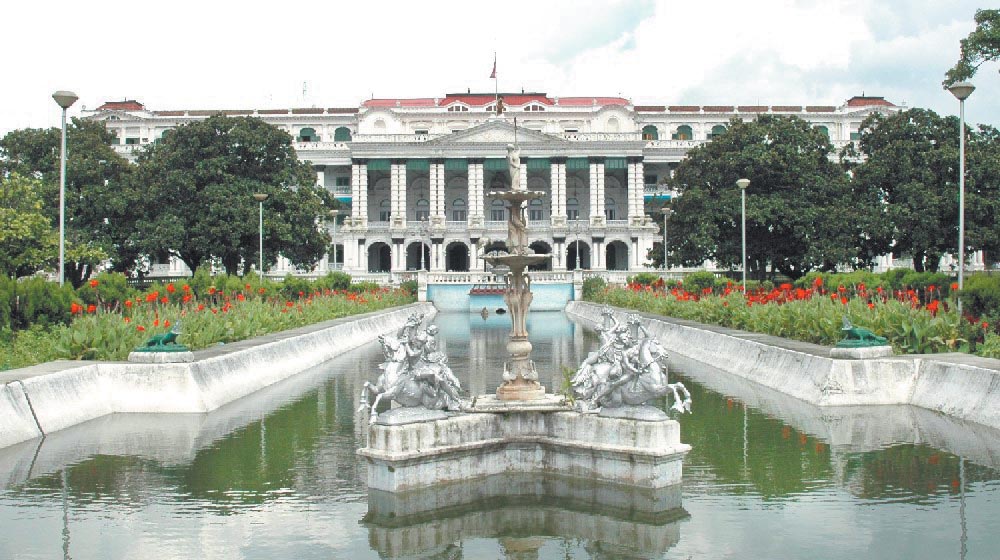TRC urges govt to solve war-era cases
Kathmandu, February 7
Truth and Reconciliation Commission and Commission of Investigation on Enforced Disappeared Persons today warned the government of the dangers of delay in addressing serious crimes and human rights violations that occurred during decade-long Maoist insurgency.
Members of the commissions submitted their interim reports to the government one year after the formation of commissions.
Although the insurgency ended in 2006, it took eight years to form the commissions, which have not been able to discharge their key responsibilities due to non-cooperation from the government and concerned political actors.
CIEDP member Bishnu Pathak said the commission was unable to fulfil its mandated task due to lack of a law related to disappeared persons, the commission’s own regulations and amendment to other related laws.
“United Nations is already sceptical of Nepal’s ability to properly deal with transitional justice system.
If the TRC’s work and its recommendations are ignored, it will prove to be a failure of our judicial system, inviting foreign intervention, including that from the UN, which may form a tribunal to look into the cases of human rights violations.
It will be unfortunate for Nepal, Nepalis and Nepal’s independence,” said Surya Kiran Gurung, Chairman of TRC, after submitting its interim report to the PM.
TRC Chairman Gurung cited the case of Colonel Kumar Lama that is under judicial consideration in UK, as Nepal could not deal with it on time. “The country will have to face worse cases if TRC does not fulfil its task on time,” he said at a press meet organised by the TRC after submitting the report.
Lama has been on trial in UK since his arrest there in 2013 in a case of alleged torture of two Maoist rebels during the insurgency.
Commission member Madhavi Bhatta pointed to lack of separate law on torture, lack of TRC regulations and failure on the part of the government to share information, manpower, budget or technical apparatus with TRC for the delay in discharging of its task by the commission.
“We visited 52 conflict-hit districts and talked to real victims at their yards. They wanted nothing other than justice and the government’s support to spend their remaining life,” she said. They expressed their anger at the government for providing relief money to fake victims.
Chairman Gurung rued that the commission had not got proper information even about the number of victims that had come down to 16,000 from 17,000.
Fearing that complaints may be filed against the leaders and workers of political parties, the ruling parties have not been providing information to let commission fulfil its task smoothly, he said.
The commission is planning to set up offices in districts to receive complaints and begin probing them after its regulations are formulated and it receives technical support from the government, said commission member and spokesperson Bhatta.






